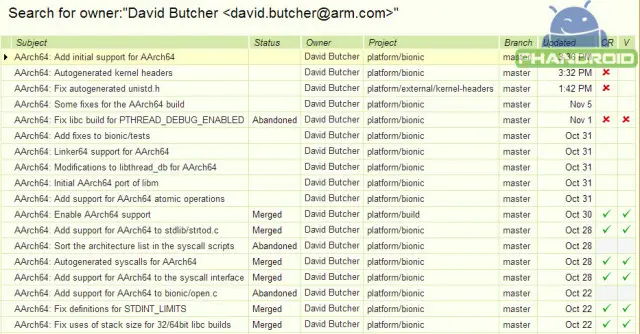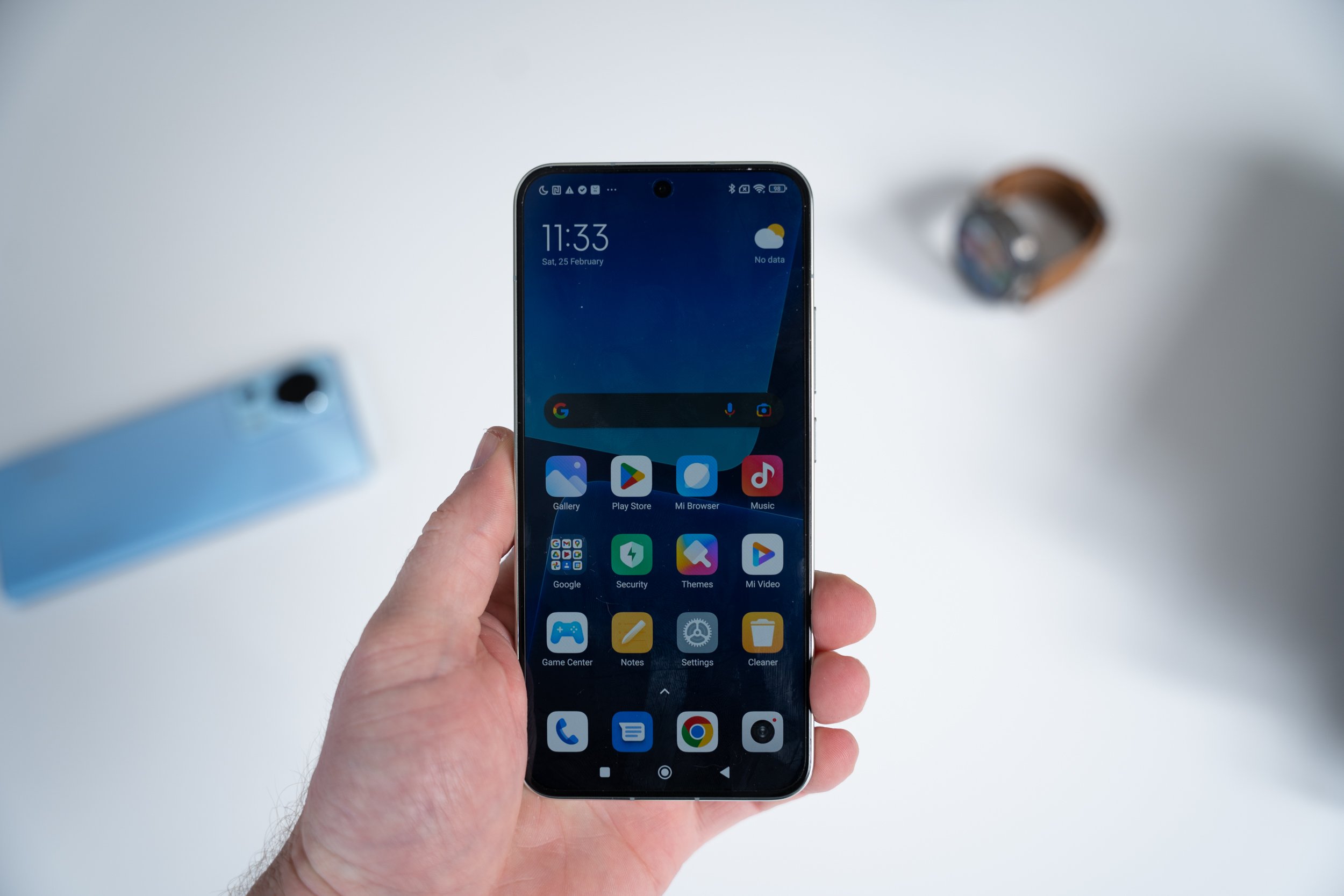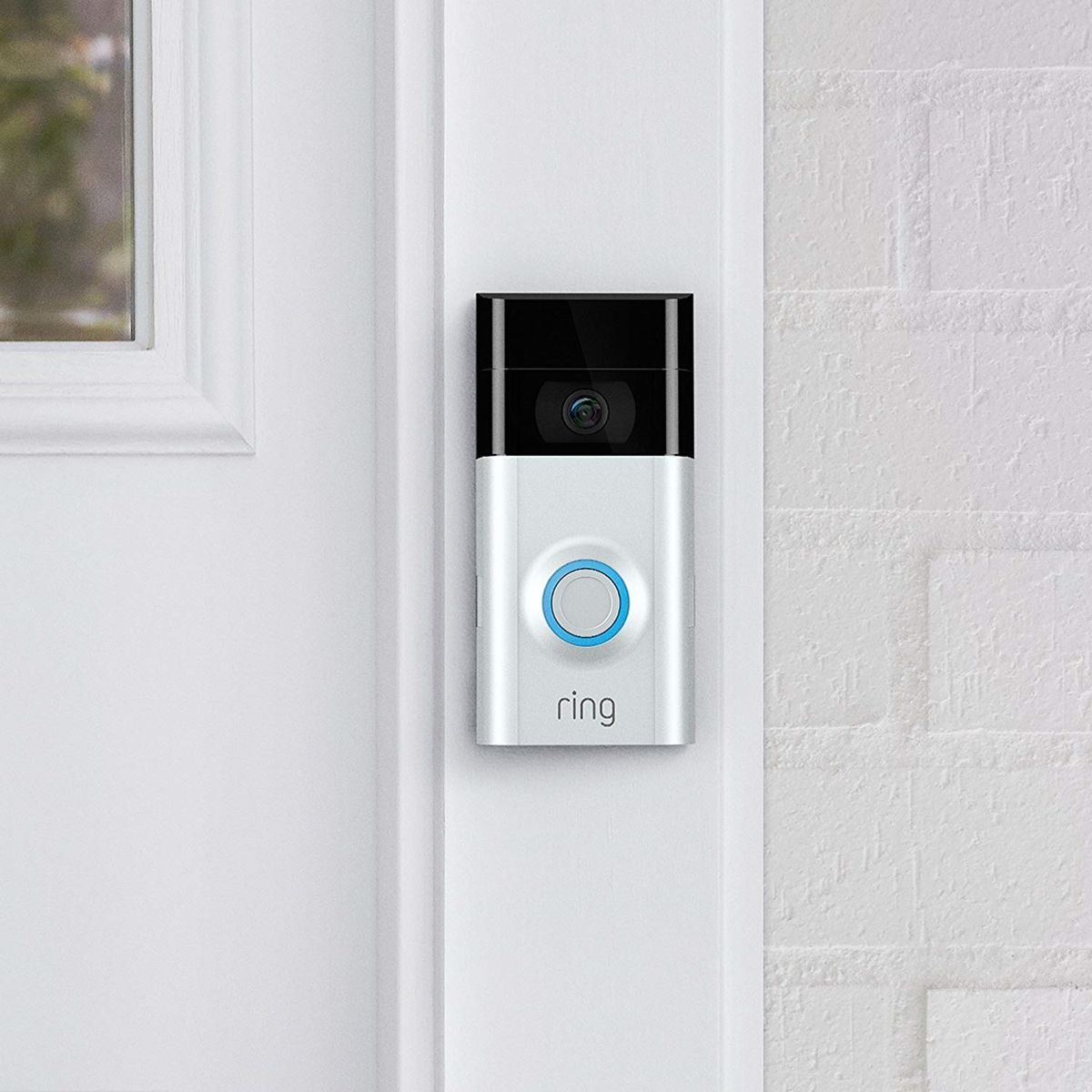
It seems like everyone is gearing up for the 64-bit mobile computing game. In September at Intel’s developer conference, Intel announced their contributions to the Android Open Source Project, adding support for their upcoming 64-bit Bay Trail processors. Not wanting to feel left out when competing with Apple, Samsung announced in October that they too planed on bringing 64-bit processors to the Android game with their Exynos line. Even Qualcomm recently backpedaled on their original stance on 64-bit mobile processors, announcing that Apple’s A7 processor is no longer a gimmick.
While digging through the Android Open Source Project, we happened to come across some interesting code from mobile microprocessor juggernaut, ARM.

If you aren’t aware, ARM doesn’t manufacture any ARM-based products themselves. What they do is: license their instruction sets to third party companies, allowing them to design their own products implementing ARM’s architectures, System-on-Chips, memory, interfaces, and radios. Guess who just happens to license this technology from ARM? You guessed it. Samsung and Qualcomm. (For what it’s worth, Apple does this too.)
Not unless you’re a developer type, the above image won’t really mean a whole lot to you. Basically, David Butcher of ARM, has been submitting code patches into AOSP to add support for 64bit ARM-based processors. These additions could allow Android to successfully run on 64bit ARM-based processors, such as those from ARM’s licensees Samsung and Qualcomm. Some code has already been merged, while some others are still pending approval.
Does this mean that Android is now 64bit? No. All this mean is that Android could one day run on 64-bit processors as a 32-bit or 64-bit OS. A quick example: Some of you might be running Windows 7 32-bit on a 64-bit processor. Stuff like this has been done for the past decade in the desktop PC world. This is the same thing. The good news is, hardware manufacturers are future proofing themselves, preparing for the day when 64-bit Android becomes a reality.
Source: Android Open Source Project









So 3 years ago I got a phone with the final generation of single core snapdragon CPU. If I upgrade now i will get the final generation of 32bit cpu. :-
So… Don’t upgrade is pretty much the idea.
Just wait until 14 nm, then you’ll want 64 bit for UD gaming, 14 nm in 2014, we already have the pixel density for 10″ UD, 8 MP can record UD, playback is easy.
The difference between the last snapdragon single core and the latest snapdragon 800 quad core is like comparing a Ferrari with a Vespa… The SD800 will be OK for the next 3 years, when 64 bits will be madure and really needed to support more than 4GB Ram natively without software tricks. Until that time, there will be no real need for 64 bits. It consumes more RAM and most apps will not be optimized for 64 bits and then will run on 32 bits software emulation (A Bad thing). The same happened with the desktop PC.
I don’t know ARM’s 64-bit architecture, but if it does need 32-bit software emulation the same thing DID NOT happen with the desktop PC. x86-64 could run either 32-bit or 64-bit instructions without emulation, which was kind of the only reason why it could catch on. Plenty of 64-bit architectures existed before it but flopped because emulating x86 was horrifically slow.
That said, 64-bit is an important step ASAP. The Galaxy Note 3 is already starting to bump up against the limitation. The limitation is 4GB of addressable space, which is different than 4GB of RAM since some of the addressable space is taken up by things like memory mapped IO. It’s strictly less than 4GB of RAM. Now… whether we NEED all that RAM on a mobile device is a different story. I cannot fathom how app writers can legitimately max out the RAM in my Note 3. But it is an important step that we need to take ASAP regardless.
I can think of games that can. Samsung needs to put more money into getting the most powerful games on Android instead of lots of little gimmicks
Linux does not accomplishthis with software emulation, neither will Android.
Bullshit.
You need more than 32 bit memory addressing to use more than 4gb RAM but you don’t need more than 4gb RAM to take advantage of 64bit compute power. Please STOP repeating this nonsense !
And absolutely no emulation is involved when running 32 bit ARM code on 64 bit ARM platform.
It doesn’t matter, as long as you don’t have more than 3Gbytes of RAM in the phone (4G – a gig for IO space) there is no advantage to 64 bit addressing. The 64bit ARM architecture might me a little more efficient than the 32 bit architecture, just as the 64 bit x86 architecture is a little more effecient than the 32 x86) but the difference in performance won’t be noticeable. Even if you had a lot more than 4G of RAM on your phone it won’t matter, extended addressing would be just as good. Unlike a PC where there are some programs that can use huge amounts of RAM, phone apps are tiny..It’s inconceivable that an individual program would use more than a few megabytes let alone > 4Gbytes. A converged desktop/tablet (think WIndowsRT) could conceivably use a lot of memory assuming that someone would bother to port some large applications to it but that’s not going to happen anytime soon. Anyone who wants to run heavy duty programs is going to do it on a real server that has the fastest possible processors and lots of memory, they won’t do it on a phone. I’m not saying that won’t happen 10 years from now when Moore’s law has pushed the performance of mobile processors past desktop processors, but it won’t happen anytime soon.
All well and good until the the time when the best games are coded for 64bit only..
Don’t get me wrong. I am all for 64bit! Just using my right to have a winge.
May never happen on Android because everything runs in JAVA, not native code. That said even though there is no good engineering reason to move to 64 bit processors in phones there are good marketing reasons to do so, i.e. it sounds a lot faster even though it isn’t. All of the next generation flag ship phones will have 64 bit processors just like this generation of flagship phones all have 440dpi displays even though no human being can possibly resolve that many dots without the aid of a magnifying glass.
I use reading glasses, they only cost $5 a piece, next year we go to 14nm, this means 4X the transistors, running at twice the speed, and the same performance leap / price reductions for RAM as for CPU / GPU, so desktop like performance, is near eg. 288 Nvidia GPU cores in 64 bit, with 12 GBs of GRAM, at twice the speed for UD gaming, we already have the pixel density at FHD in 5″, for UD in 10″, even so UD gaming will be hard work for the systems, playback is easy, a $20 wholesale Snapdragon 800, Tegra 4, or Exynos equivalent can do it, it only takes 8 MPs to record in UD. :-).
So the elephant in the room is that the iphone 5s with a dual core 1.3 GHz cpu is kicking but over the snapdragon 800 quad core at 2.3GHz. So my assumption is that 64bit is the difference or at least one. I assume it makes 32bit apps faster. An article on this topic would be awesome. I would really like to understand more.
No it doesn’t. 64-bit means that your addresses (think post office addresses) are now twice as long. There’s some extra registers too that allow you to store more data in the CPU at a time but it’s not going to make a huge performance increase.
The software is optimized for the hardware. The same reason Mac is smooth in animations vs Windows animations (like the shell and stuff).
I want 8 gigs of ram in my Nexus 5.
And so it begins. 4Gb + of ram on phones. Overkill, yes, but fun none the less
8 gigs of ram is not practicle for a smartphone as it would drain power real fast unless you have a 10000 mAh battery that’s 4 inchs high and 2 inch wide ,not to forget that having a quad core processor is tooo much !